The medical market can learn a thing from the consumer electronics marketing: reaping the benefits from open platform technologies. Ronald Dekker, senior research scientist at Philips Research, will talk about this subject during his keynote at the Nano4Health track, part of the virtual MicroNanoConference 2020.
By: Dimitri Reijerman, FHI
Dekker, who also works at the Delft University of Technology, has a lot of experience from the development of IC technology, but nowadays his focus is on the integration of complex electronic sensor functionality on the tip of smart catheters at Philips. But during his work, he discovered the problems many medical companies, especially smaller ones, have with bringing high tech products to the market. “I noticed, also in my work at the university, there’s a lot of research going on in smart devices”, Dekker says. “But in the end only a fraction of them reaches the marketplace. We also have this experience at Philips where we’re working on the technology for smart catheters.”
He was intrigued and started to zoom in on this problem: “We started looking at the causes of this issue. Many people may say it’s complicated regulations or the validation processes. But we think the awareness within the medical domain about the concept and benefits of platform technologies is just not there. So everyone is making their own stand-alone product. When we looked at the market for catheters at Philips, we discovered that for every single catheter product a new piece of technology has been developed. This development process is very expensive, nanotechnology in particular. In many cases it takes universities several years and requires tens of millions of euros, while in many domains these investments are just too large to earn them back.”
Especially start-ups have a tough time. Dekker sees this at his labs: “We at Philips have a medical certified clean room. Customers visit our labs, for example with a chip to test for cell sorting and microfluidica. When we made an assessment of these customers, we noticed all forty of them developed their own technology. But these start-ups don’t have the money to bring the final product on the market, so sadly their ideas fail somewhere in the process. This is one of the main reasons why the market for organ-on-a-chip products for example is developing so slowly.”
To solve these issues, medical companies need to look at consumer electronics, Dekker believes: “The market for consumer electronics has solved this problem many years ago by using mostly open platform technologies. When I started working at Philips at the semiconductor department, we initially did all the work ourselves. We produced our own silicon wafers and had our own assembly lines. But we stopped first with making these silicon wafers, because the whole industry realized: this is not a key technology but a platform technology. So only a few specialized companies started making these wafers. Next where photomasks. Nowadays someone with a good workstation and a design kit can start a sole proprietorship in semiconductor technology.”
Dekker and a few colleagues started working on this challenges. “We think it’s possible to develop some platform technologies within the medical domain”, he says. “These platform technologies could be used by multiple users for multiple applications, so it will become possible to create the volumes and revenues needed for sustainable innovation in the future.”
ECSEL program
The ECSEL Joint Undertaking program, an element of the EU’s Horizon 2020 innovation programs, wants to help innovative companies. The ECSEL comity described a few so called ‘light houses’, themes so important you can’t catch them within one project. One of them is health. “Within this lighthouse we are telling the ECS industry about the emerging opportunities in the medical domain. We also want to enlighten the producers of medical devices about the benefits of platform technology, because value is shifting from core technologies to applications, AI, software and solutions. And thirdly: we are developing a community to bring projects together.”
As a derivative of ECSEL, last June the project Moore4Medical was launched. It aims at developing platforms for six emerging domains. “Especially these domains, which are very promising need platform technologies”, Dekker says. “We are already for example developing a smart microwell plate. These plates can contain chips from multiple manufacturers. That’s progress.”
In the end, collaboration is crucial, Dekker thinks: “If European medical companies can work together and develop these new technology platforms, I think they will have an advantage to companies from outside the European Union. And in some fields I see some movement. Within microfluidica there are some foundries who start to offer technologies as a platform. And looking into the future: photonics is a highly interesting technology for medical companies.”
If you want to visit the keynote of Ronald Dekker, please register at the website of the MicroNanoConference 2020.
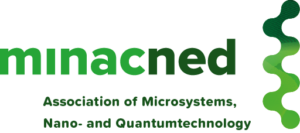
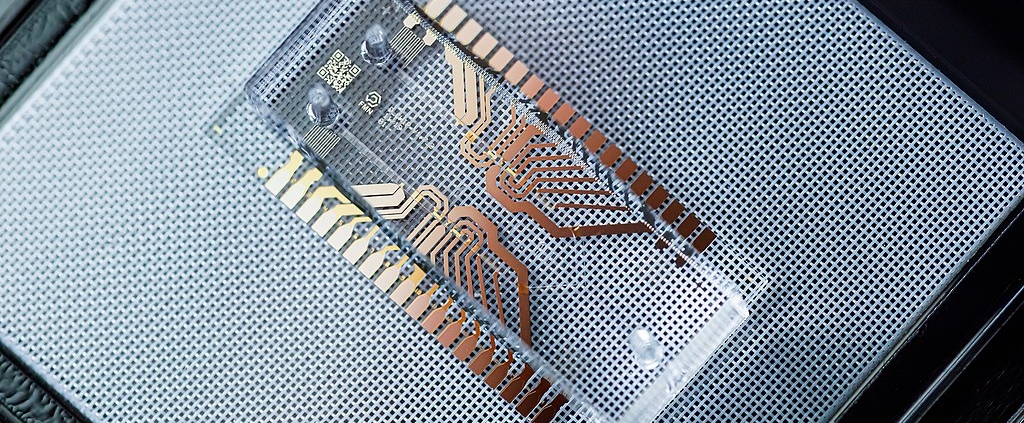
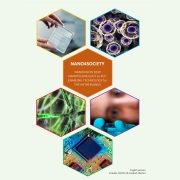
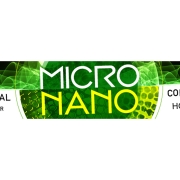

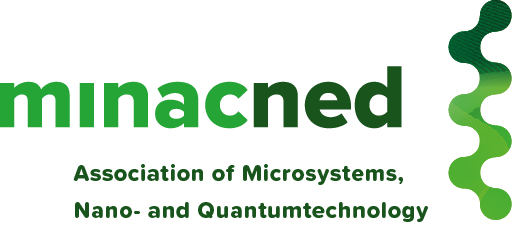


Plaats een Reactie
Meepraten?Draag gerust bij!